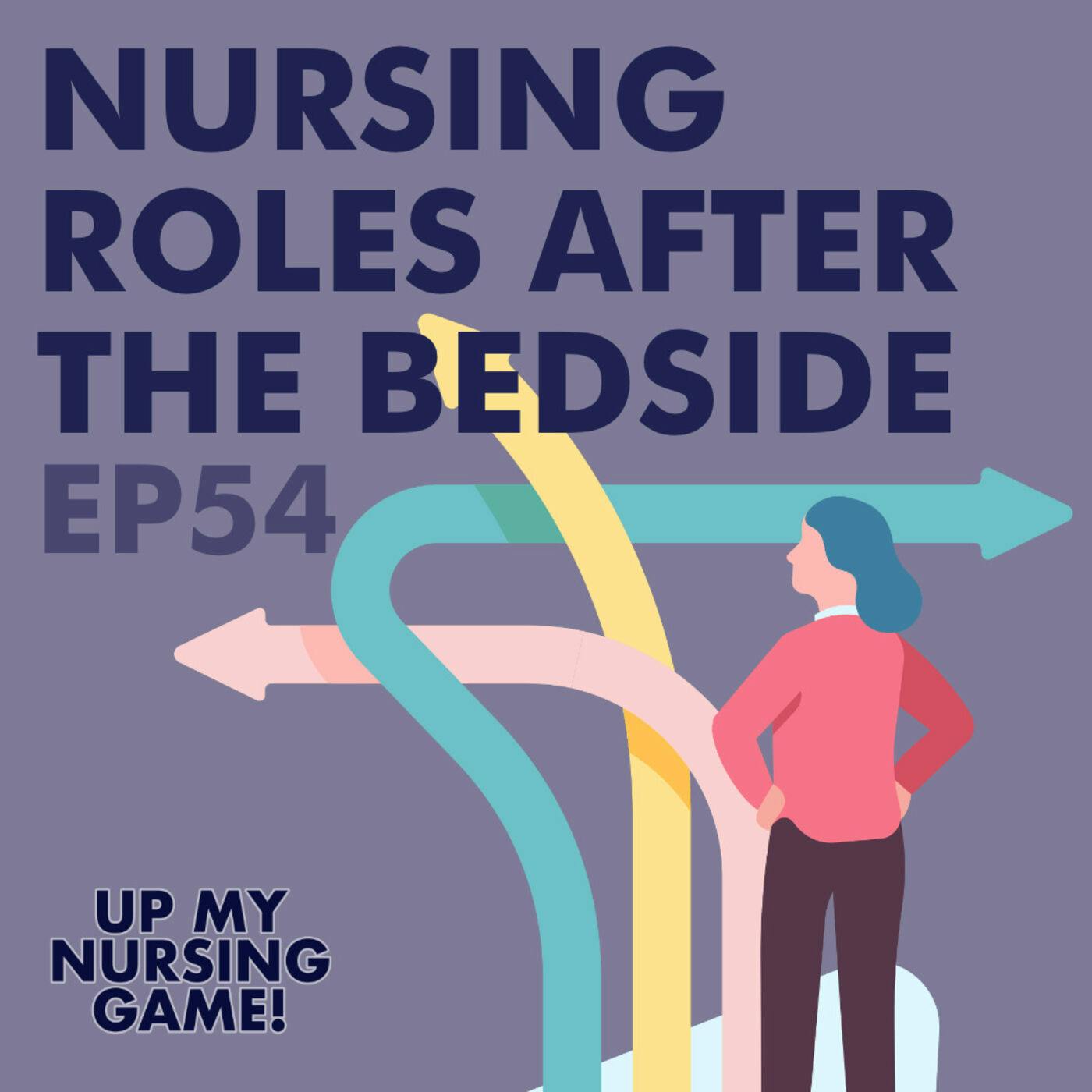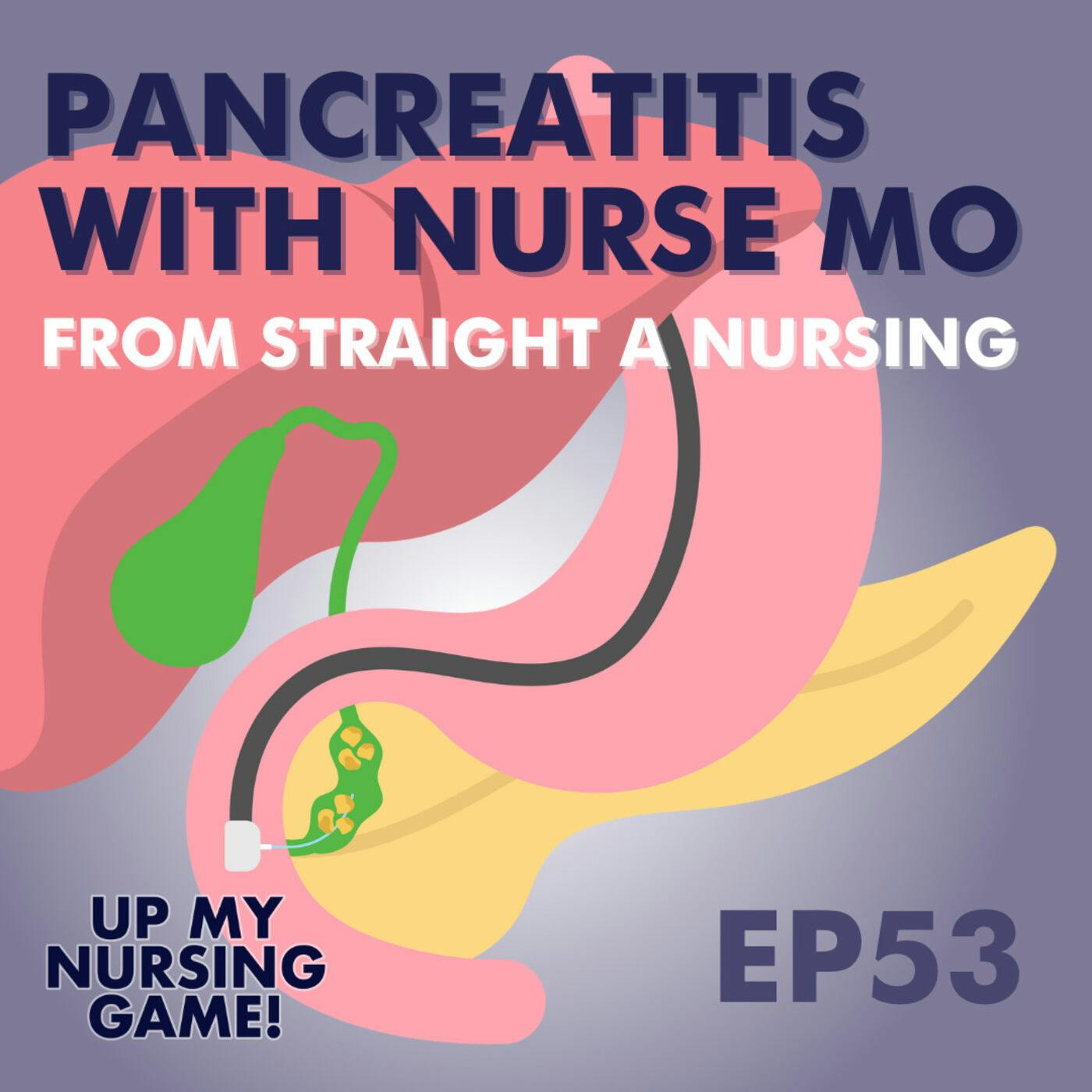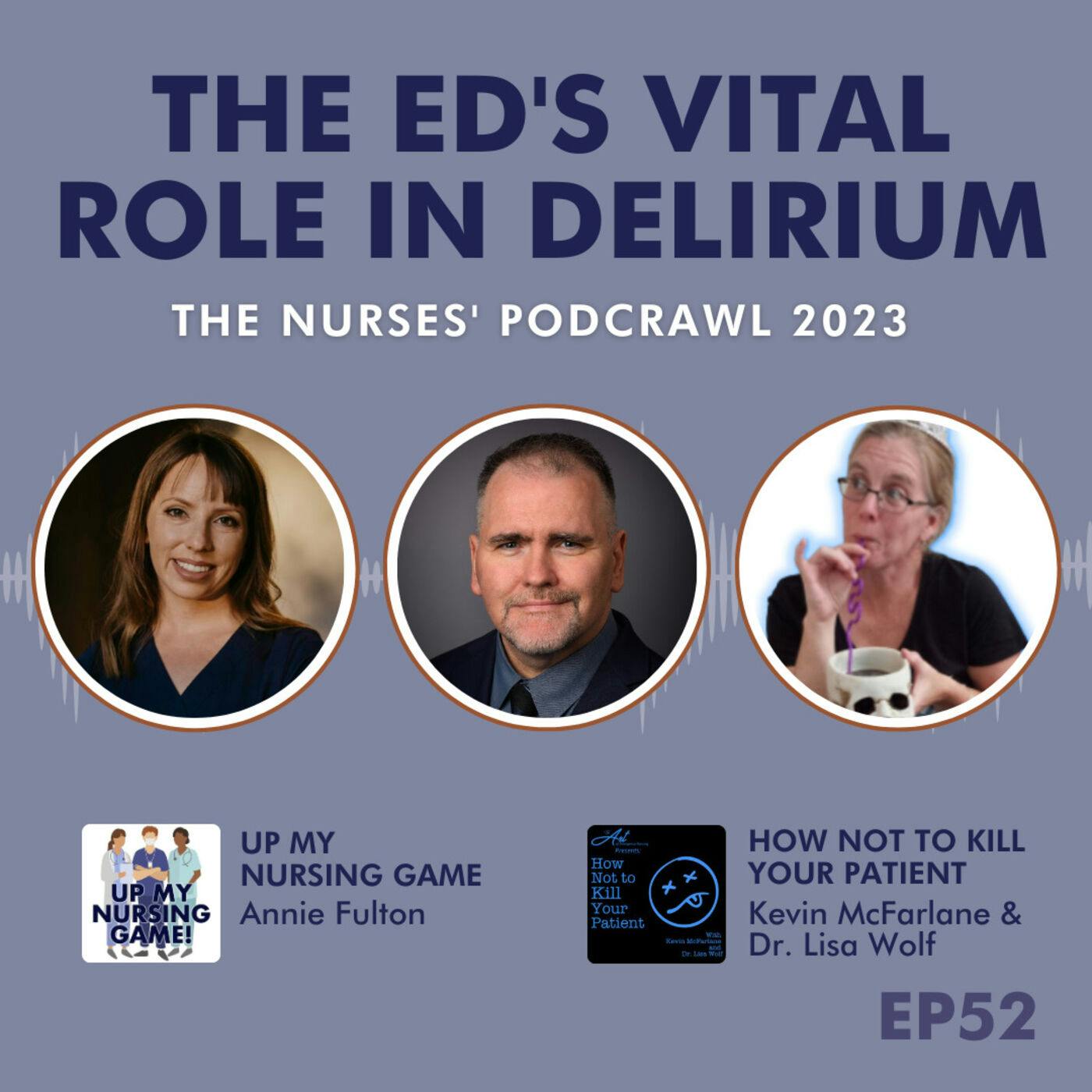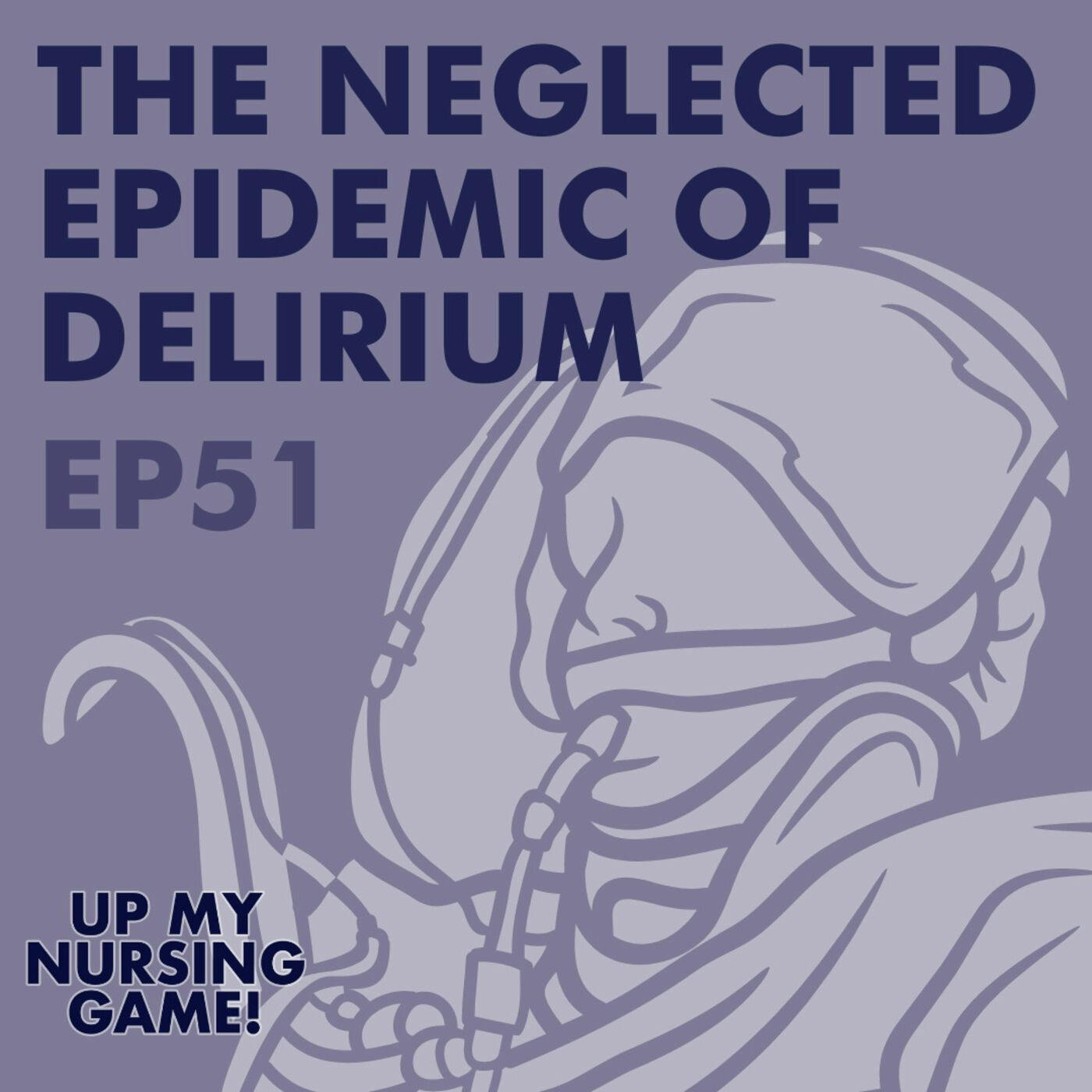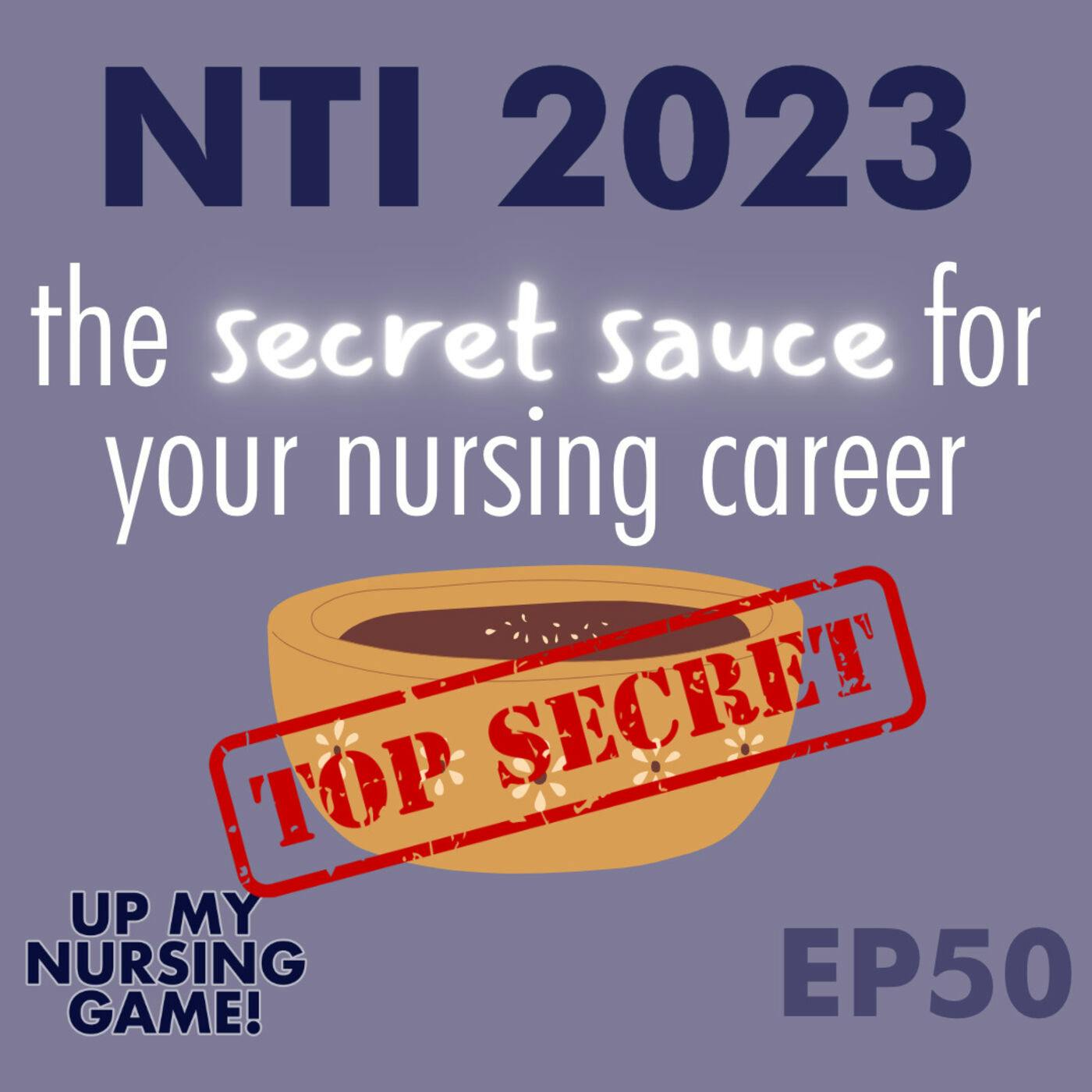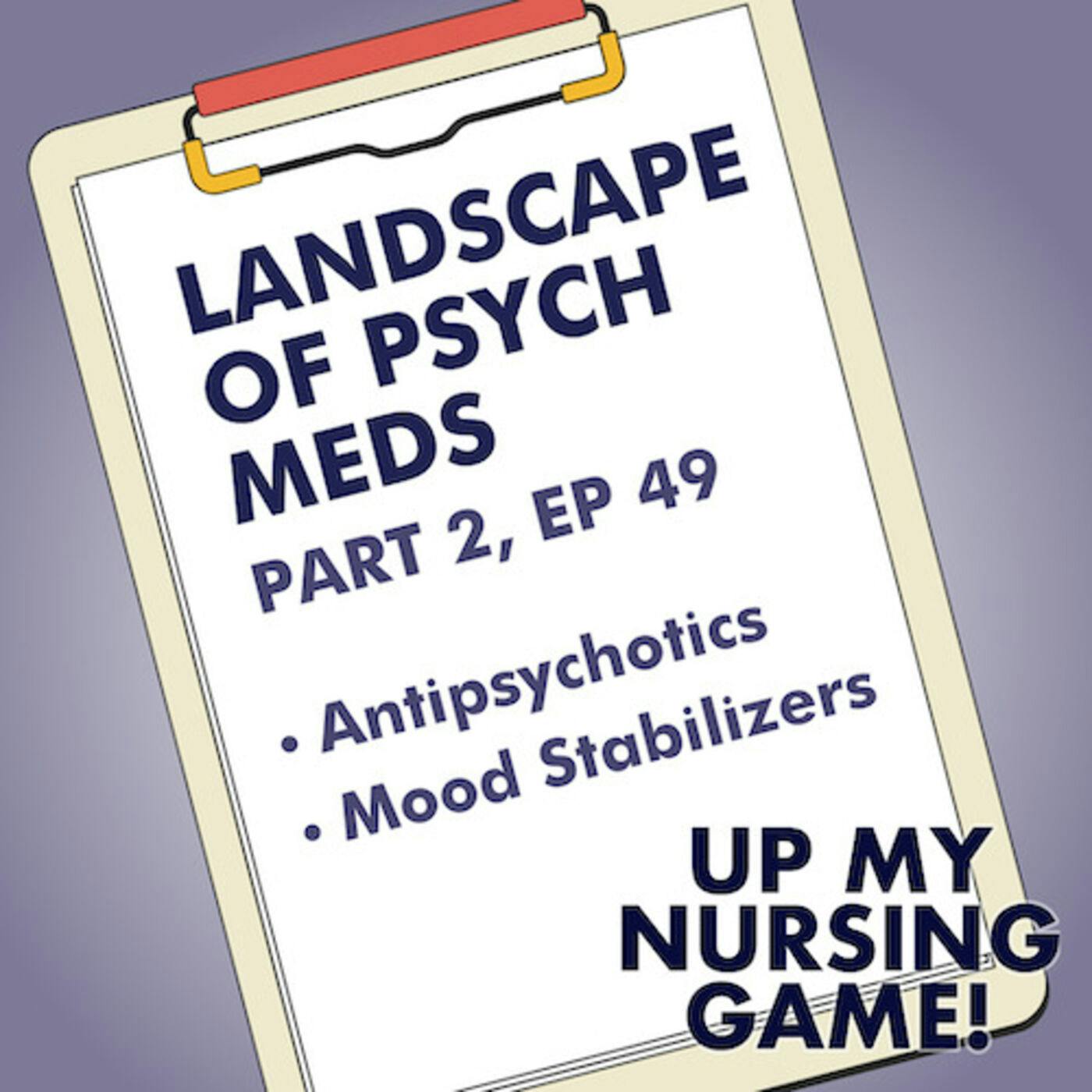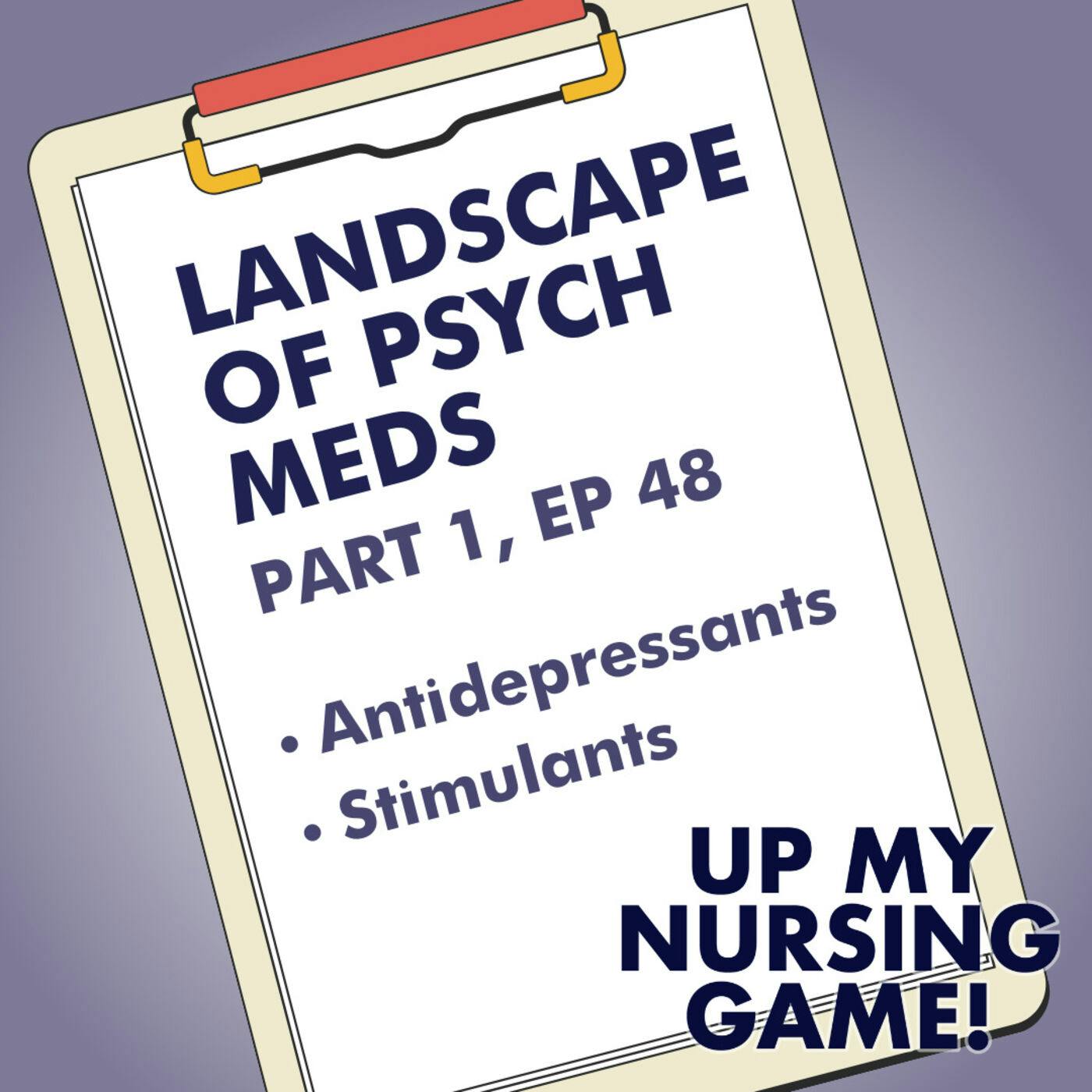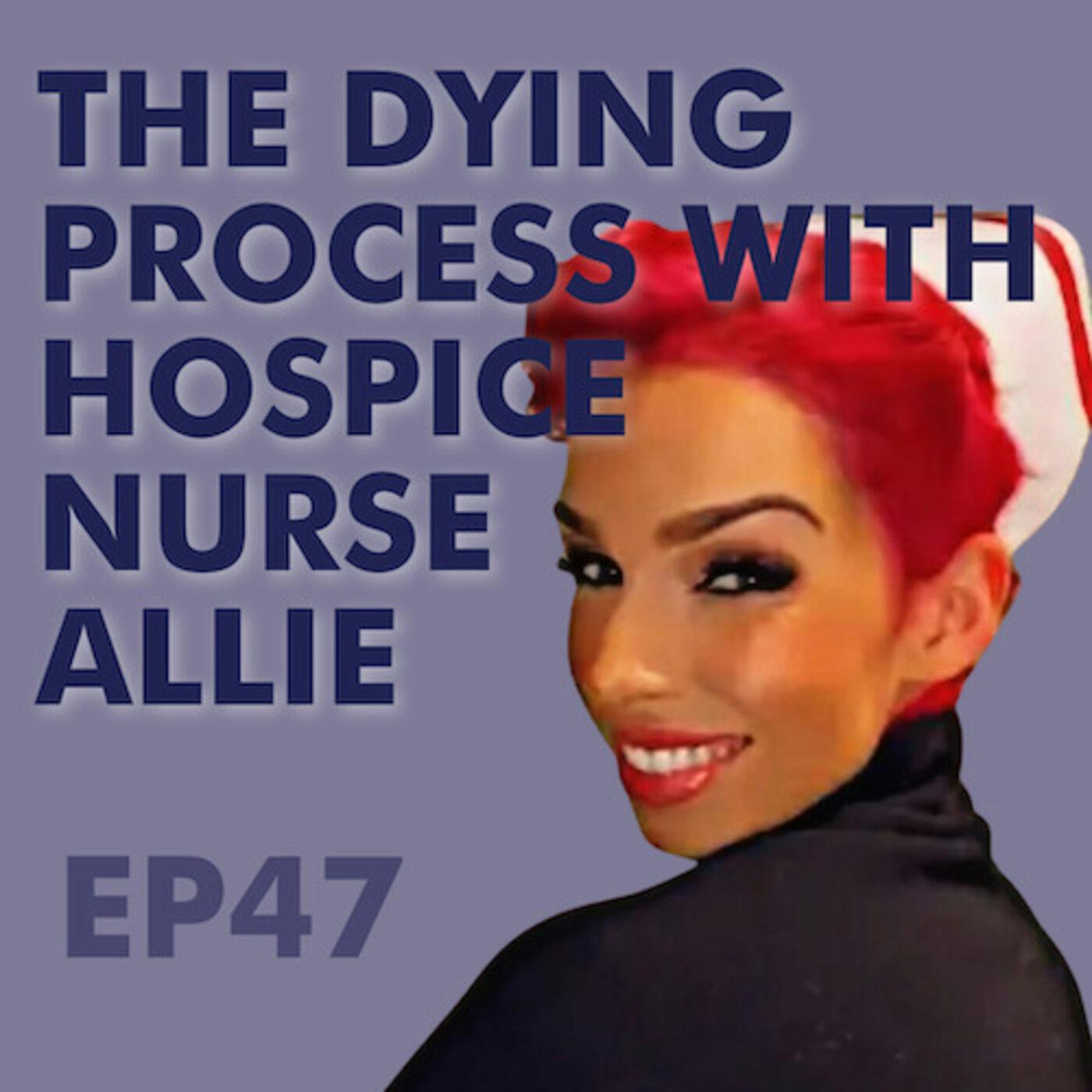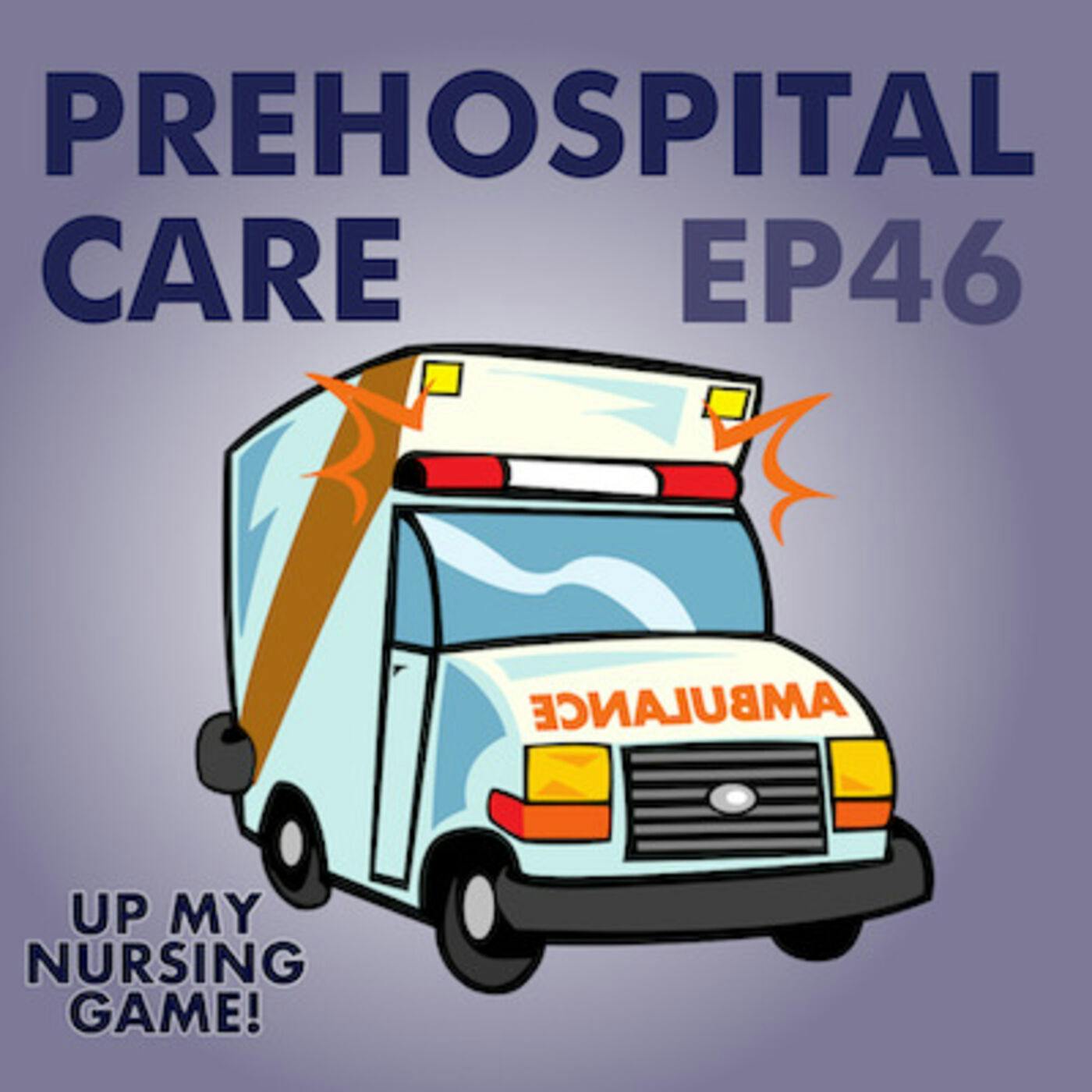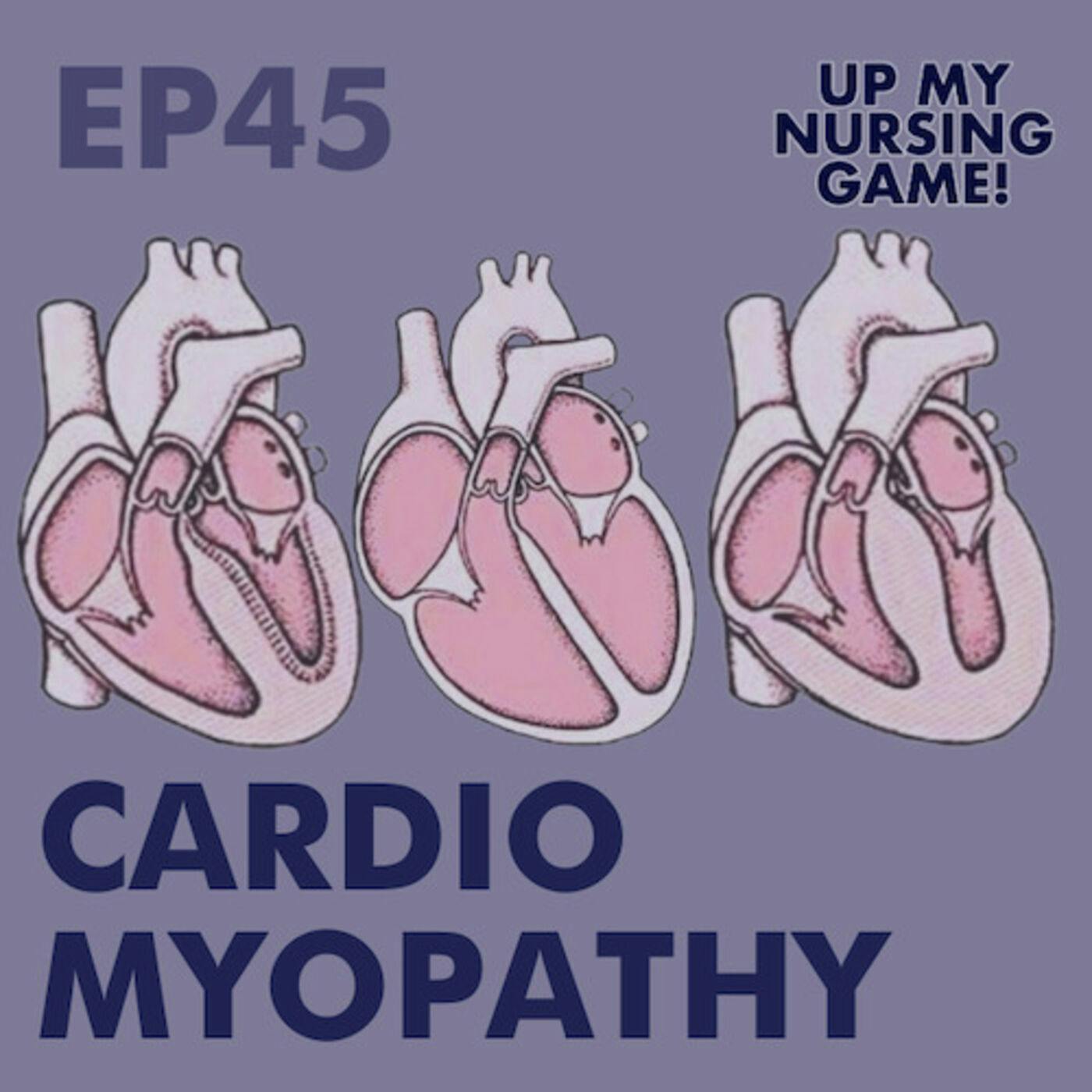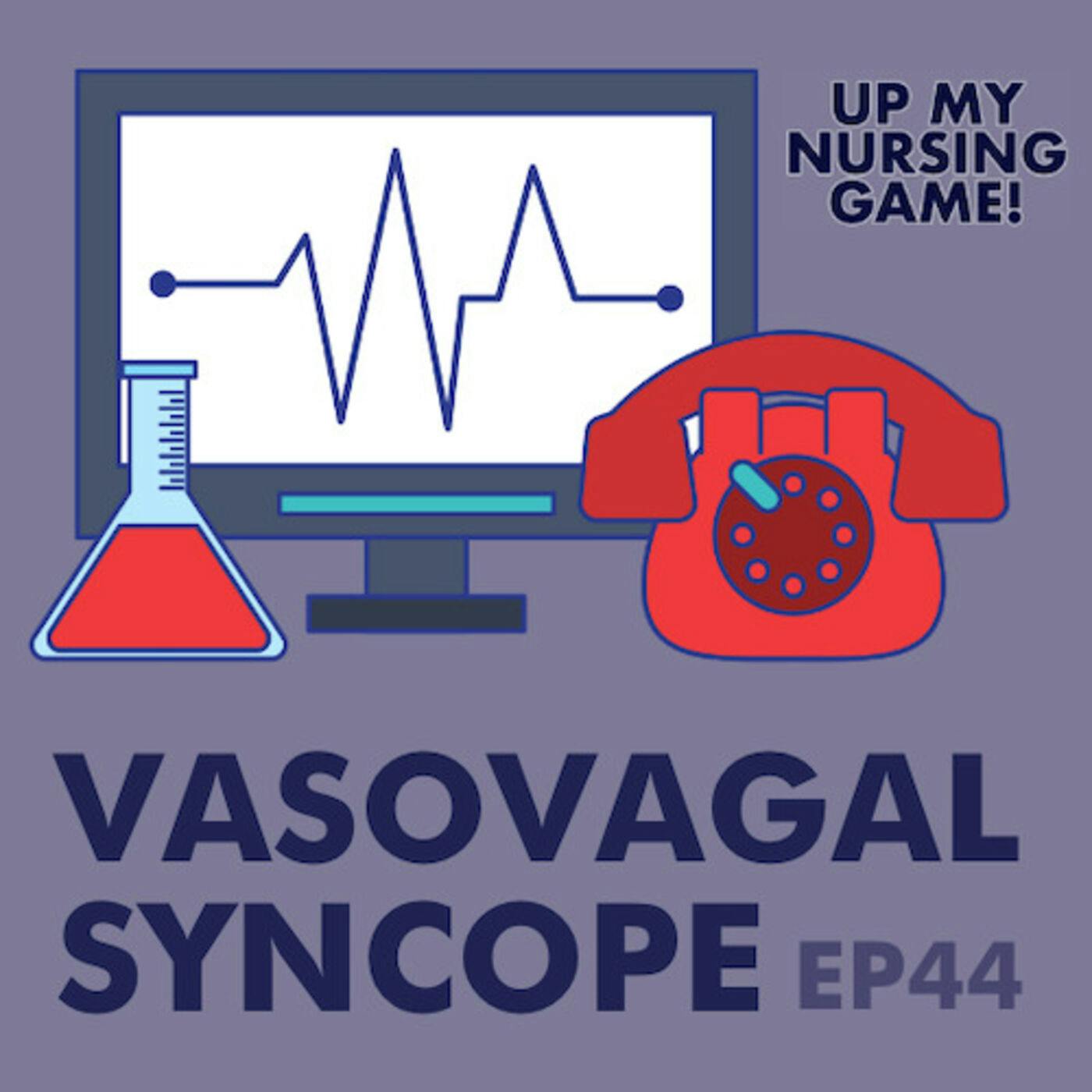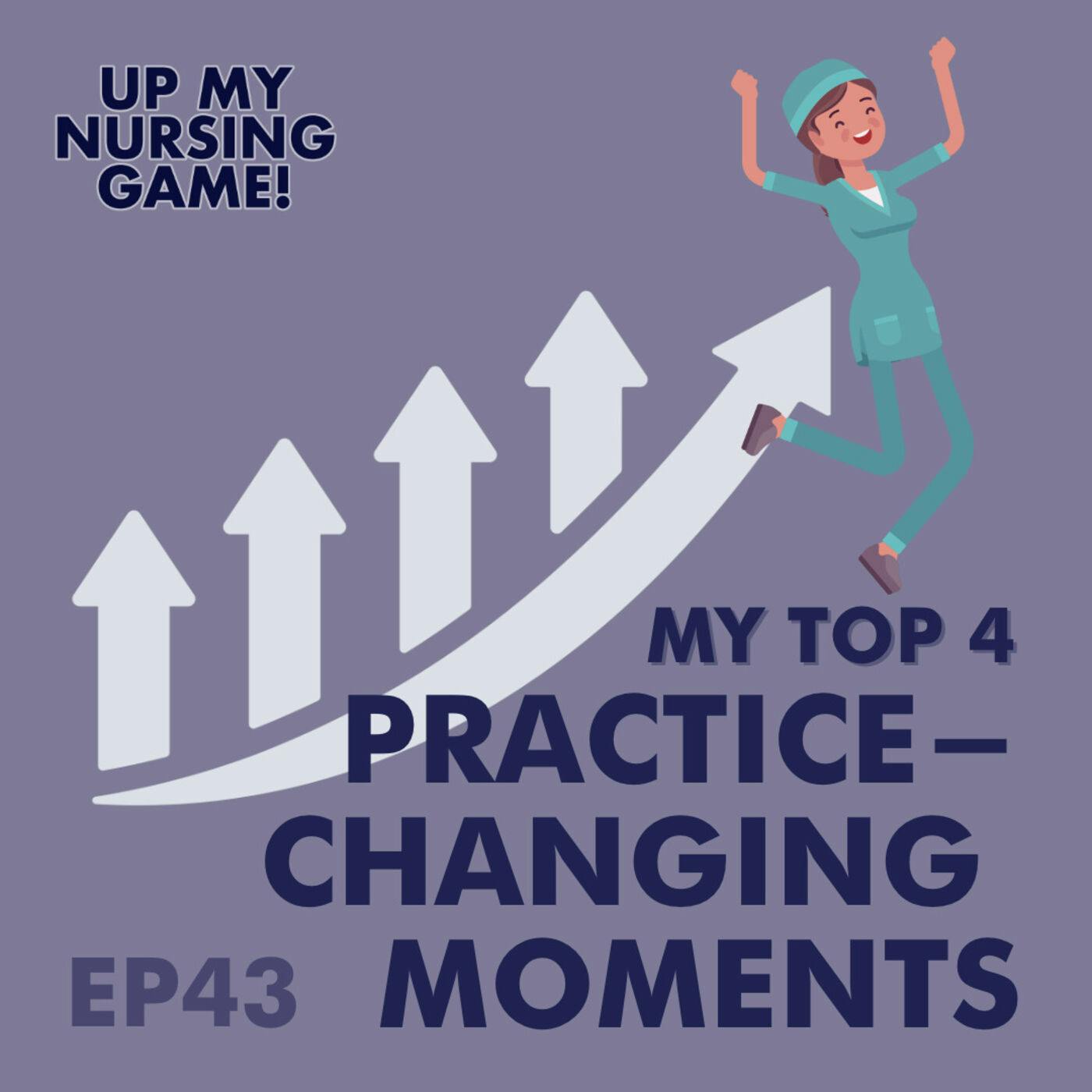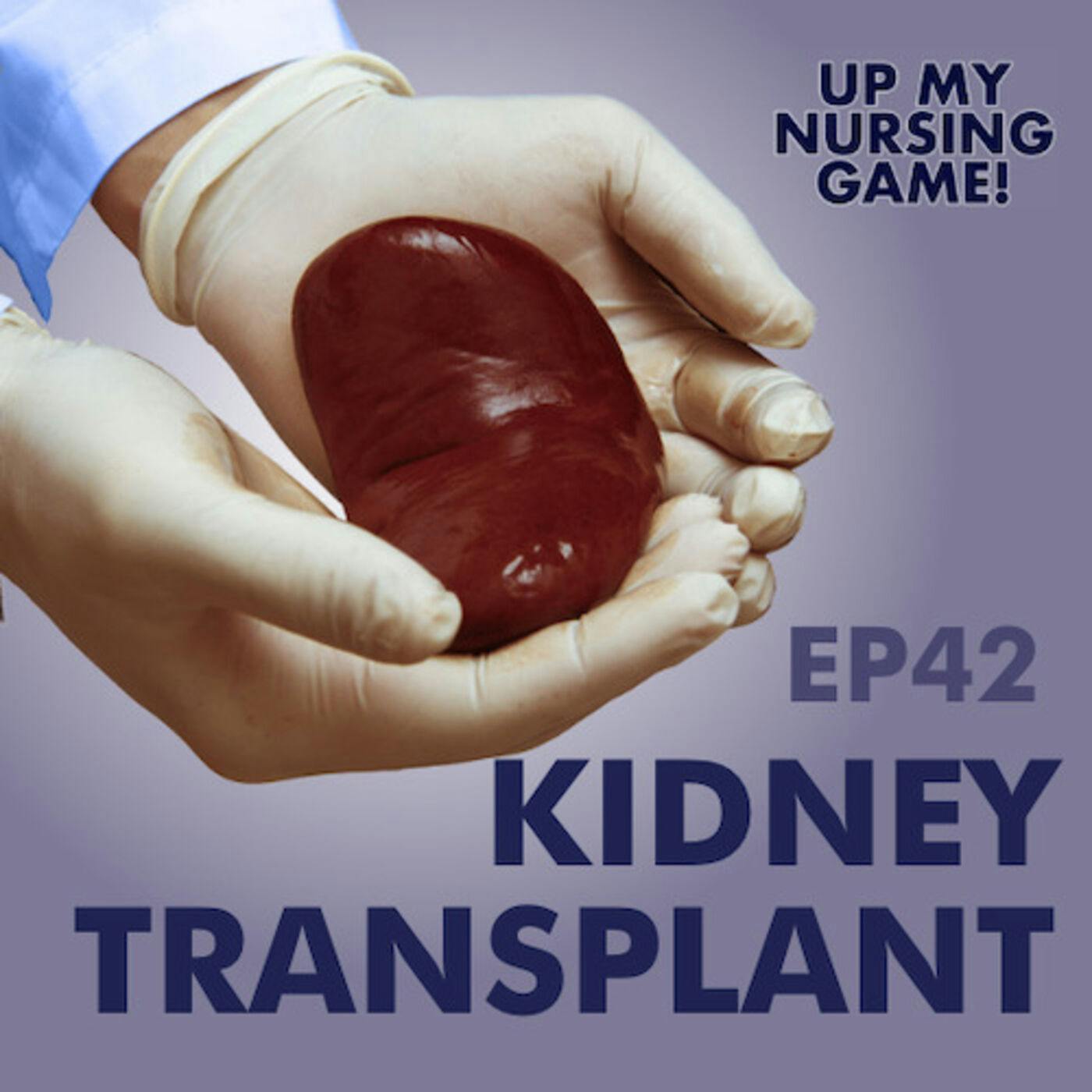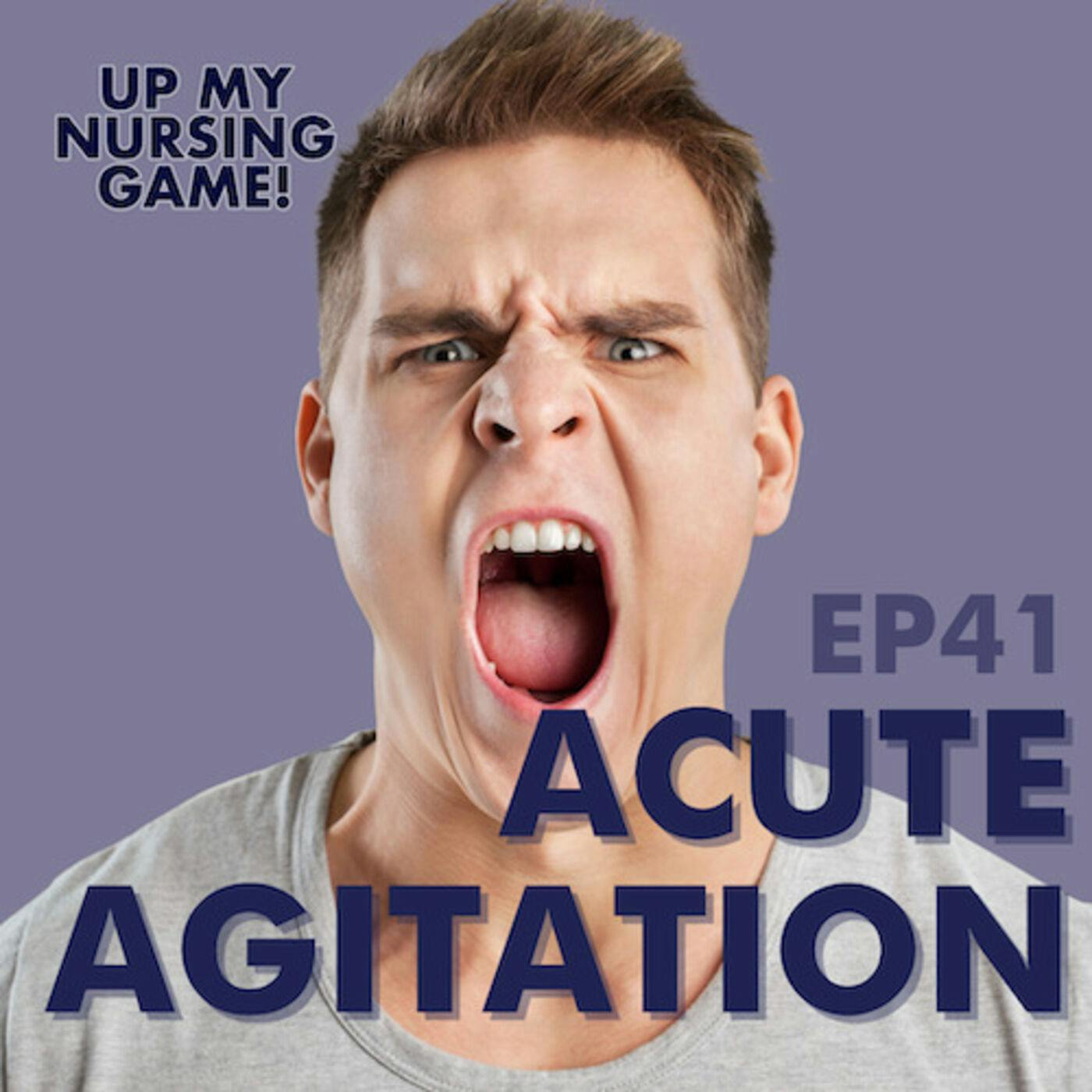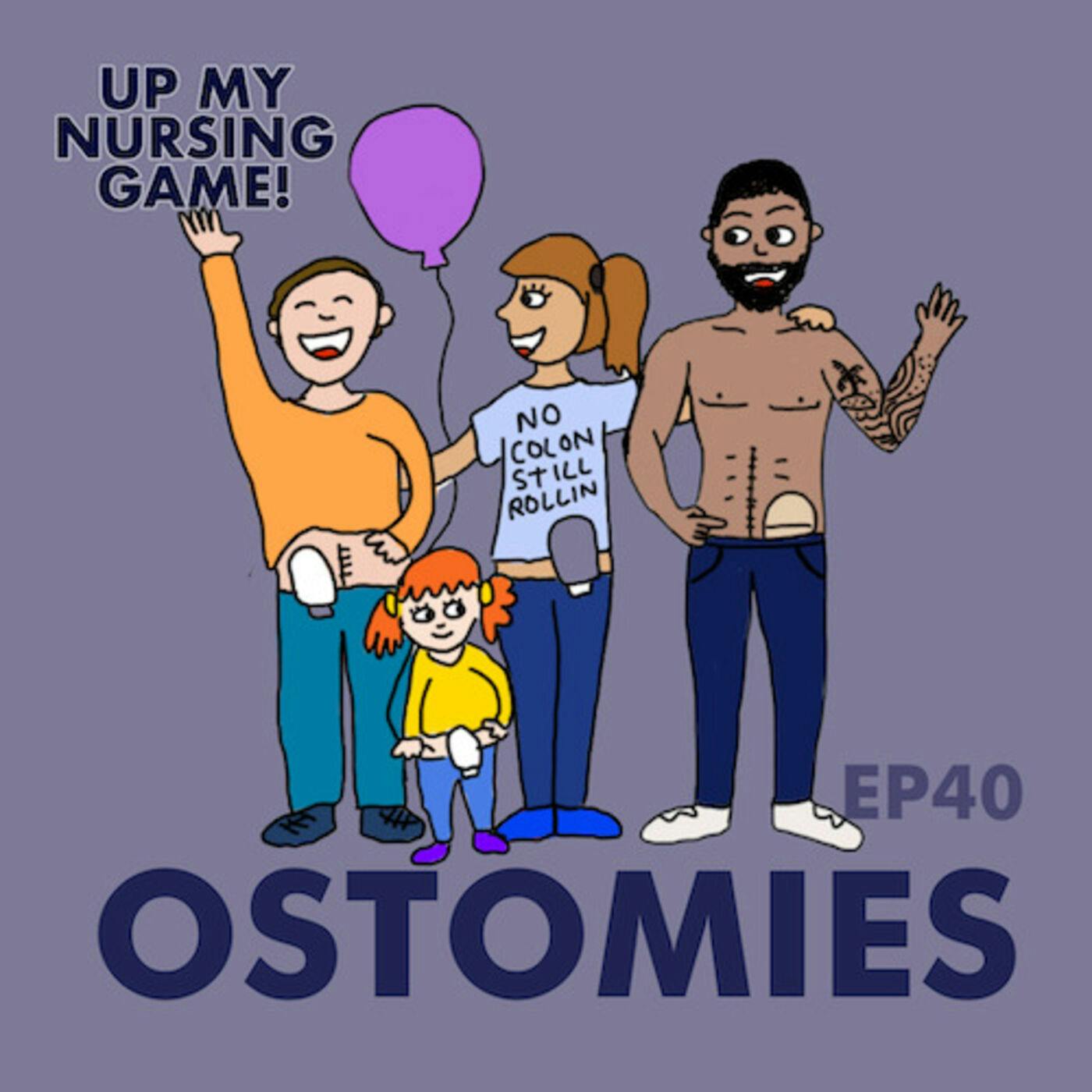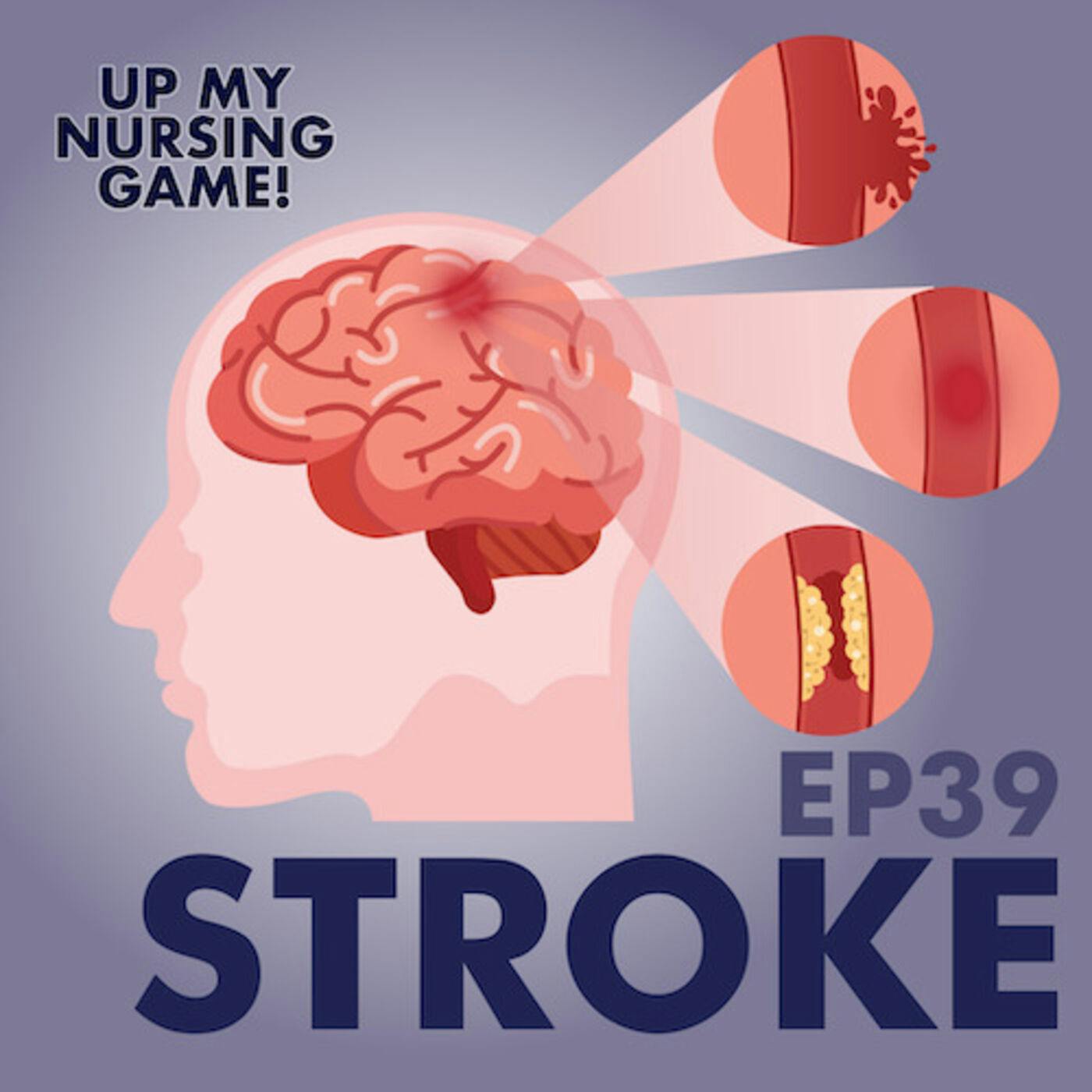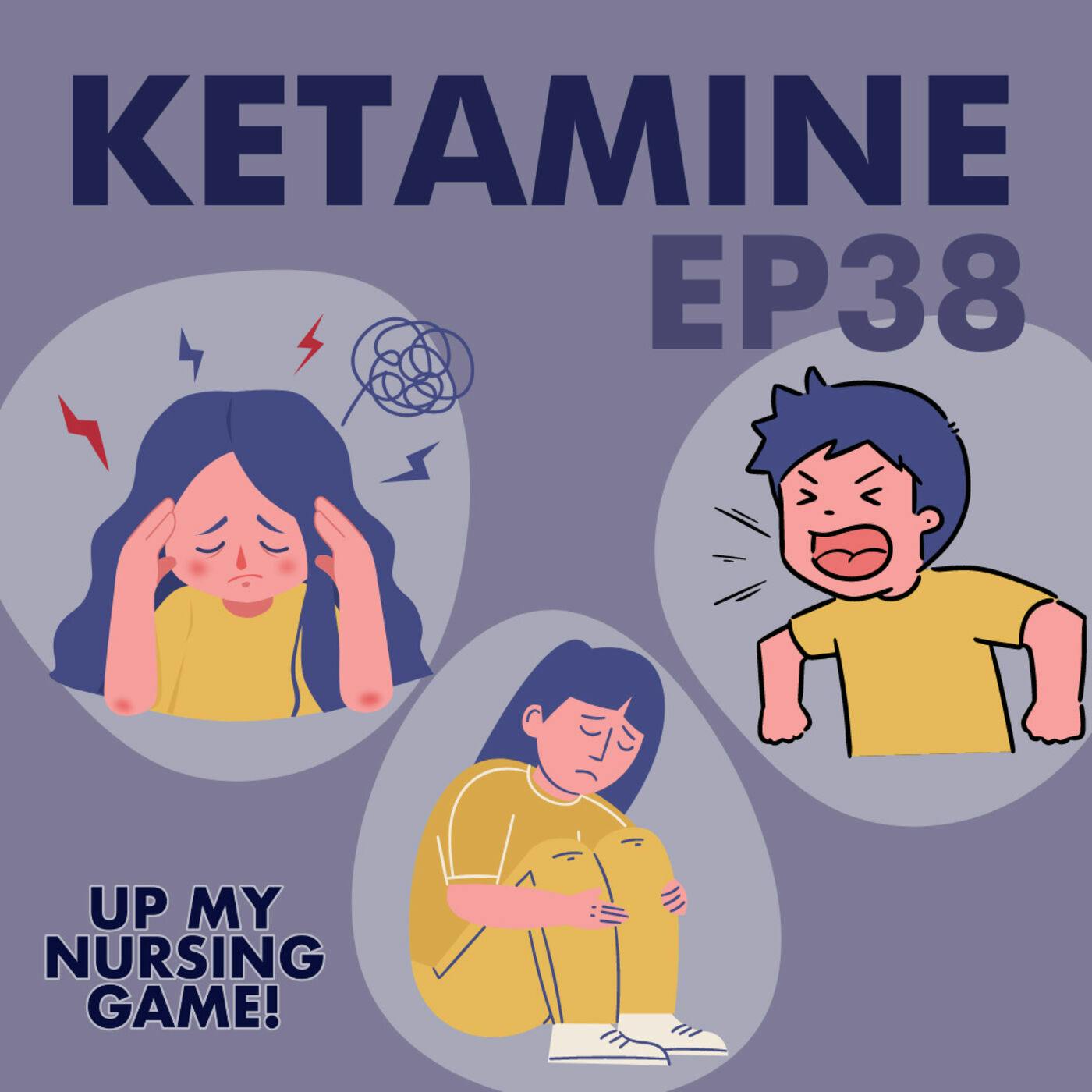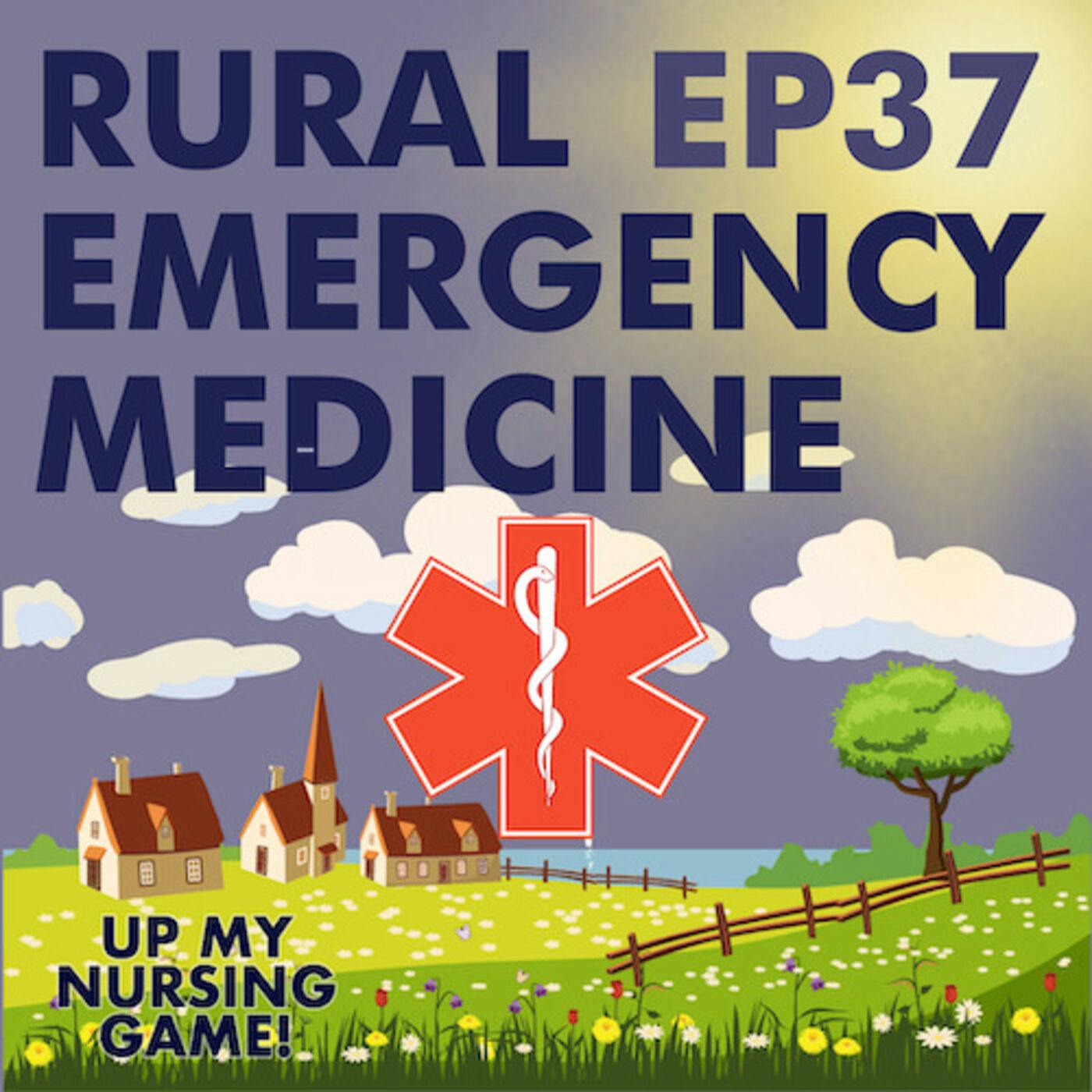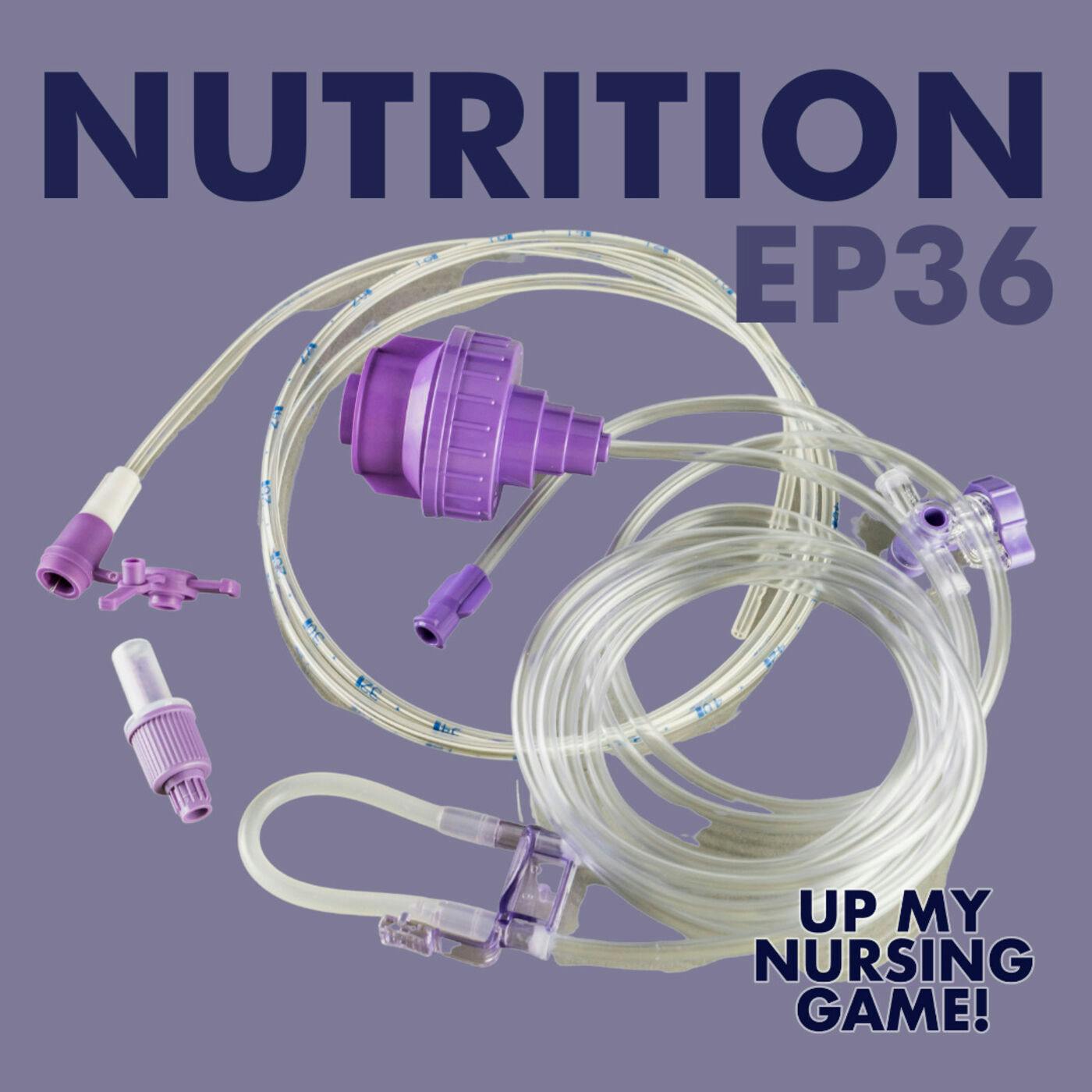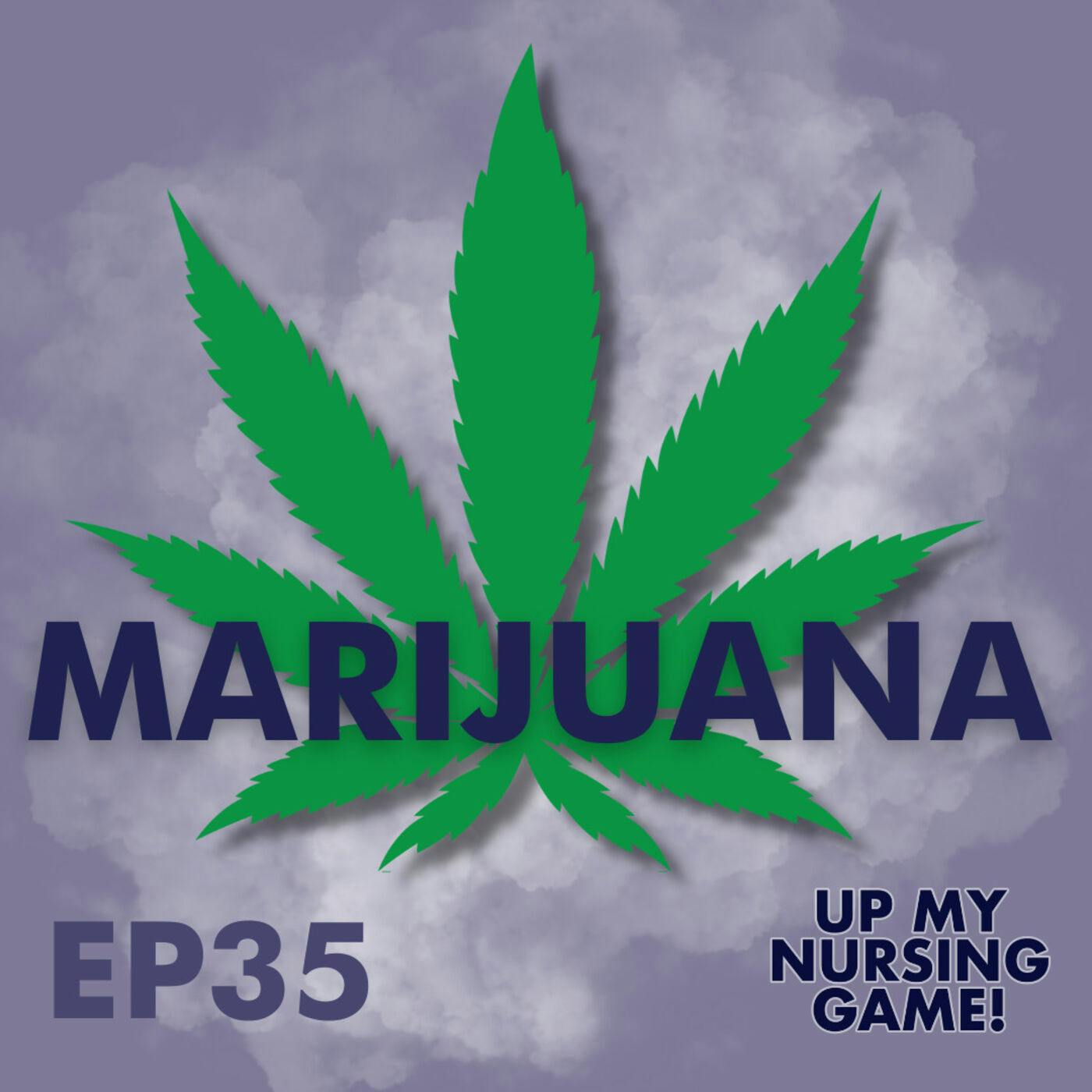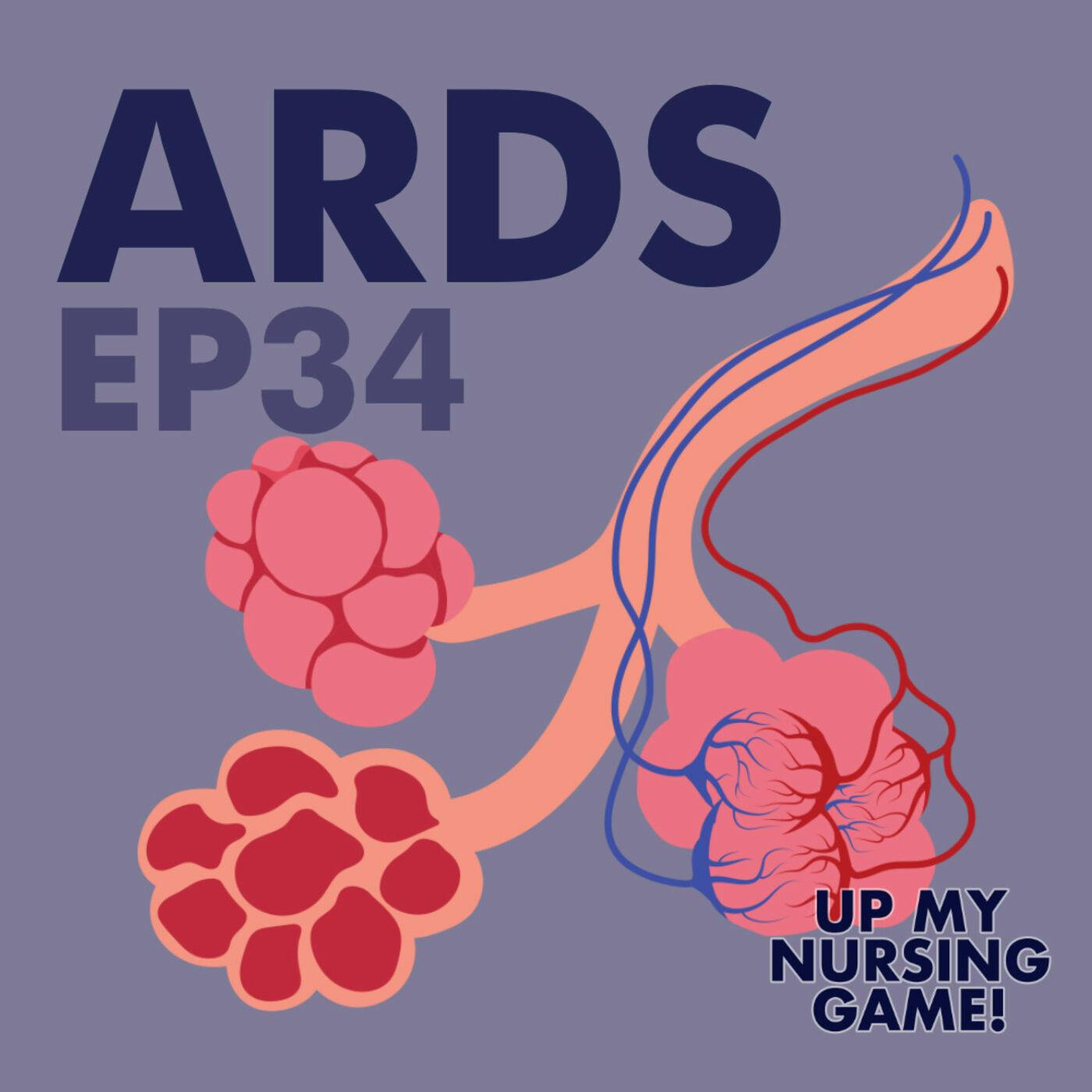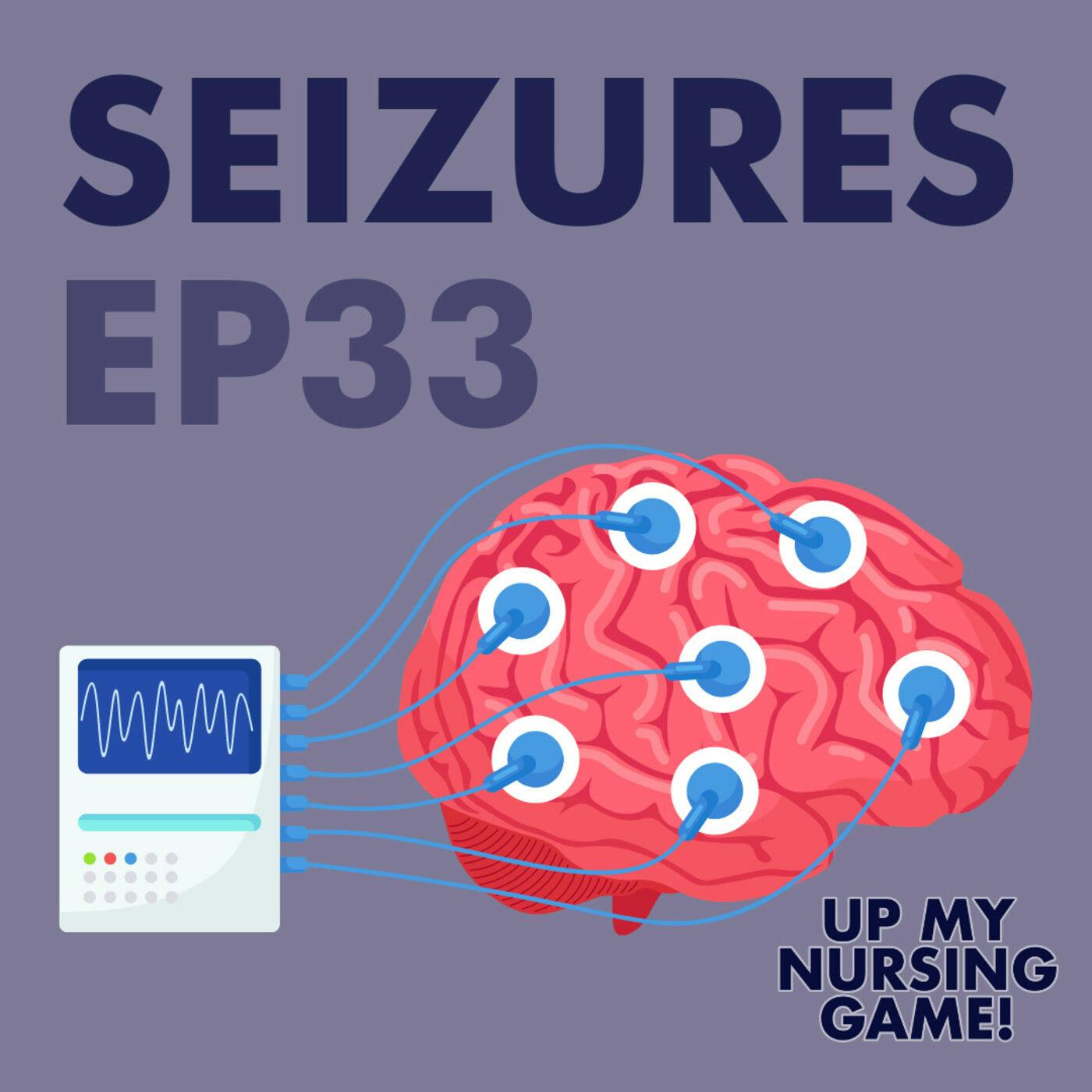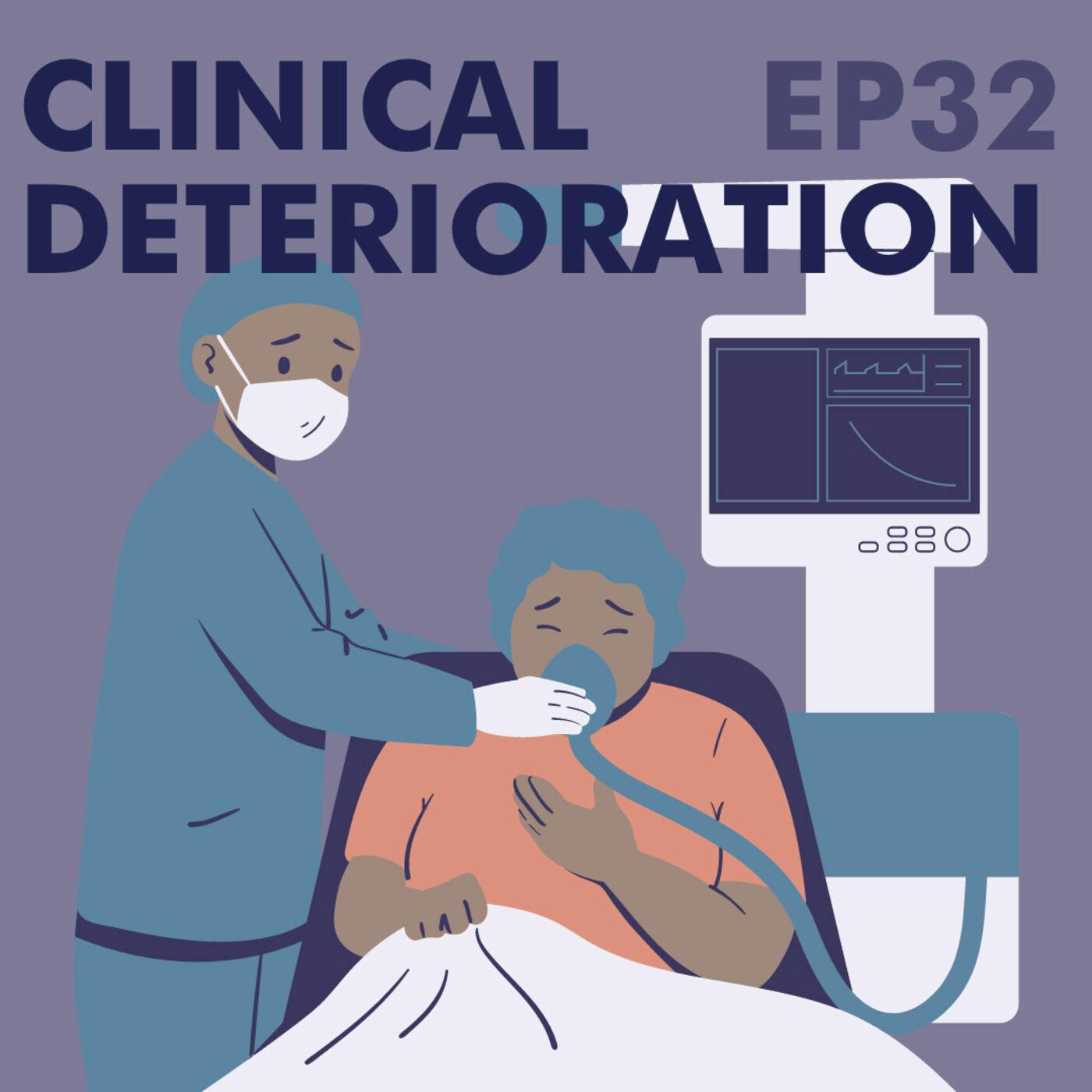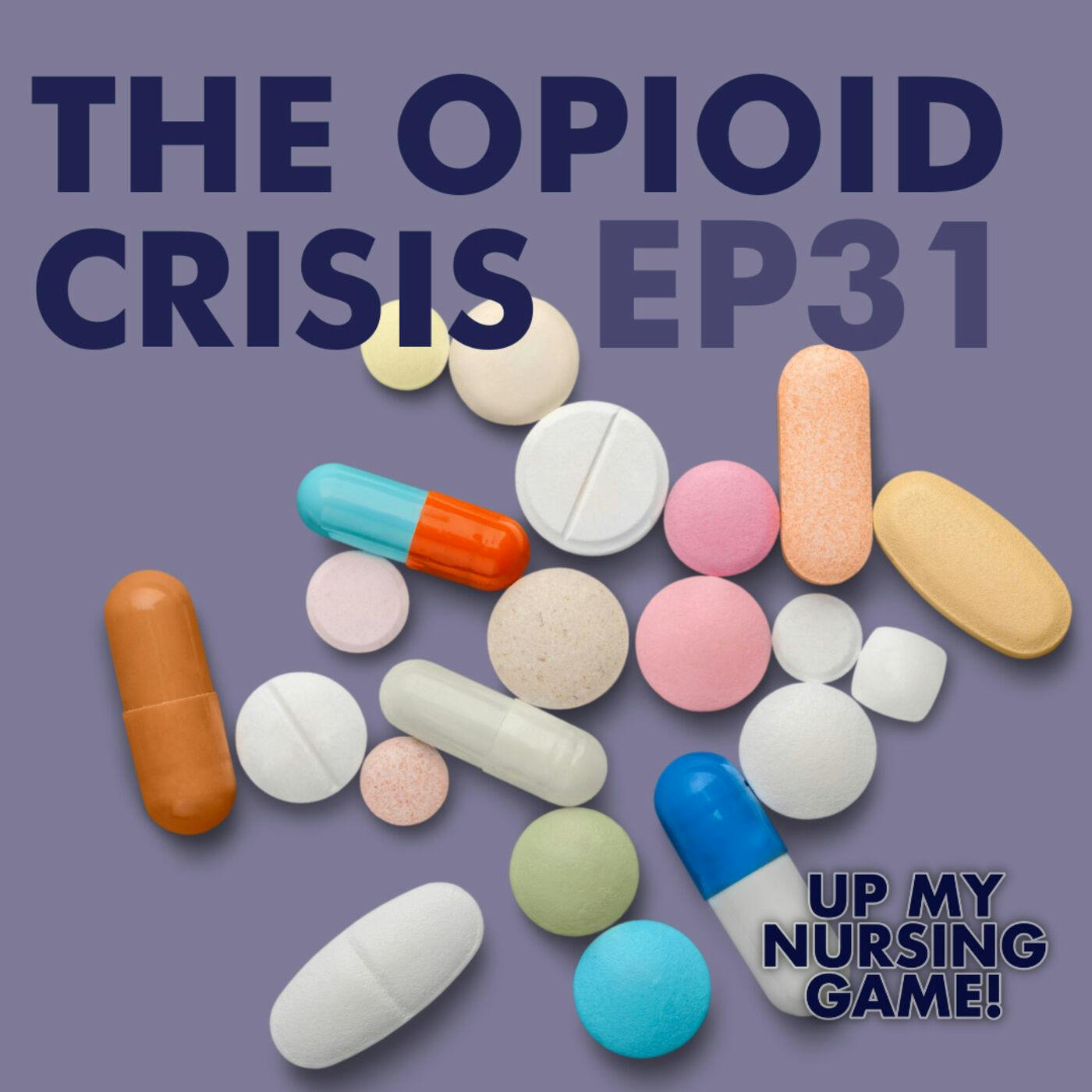Episodes
Nursing Roles after the Bedside with Sarah Wells, RN
In this episode, Sarah Wells from New Thing Nurse will dive deep into the many types of nursing positions that exist for those nurses who desire to move away from the bedside. We will specifically look at those career options …
When Pancreatitis Isn't Just a GI Condition: A Nursing Guide with Nur…
In this episode, Nurse Mo from the Straight A Nursing will delve into pancreatitis – its definition, causes, pathophysiology, and its impact on various systems of the body despite being categorized as a gastrointestinal condition. Additionally, we will discuss significant …
The ED's Vital Role in Delirium: Insights for All Nurses with Kevin a…
Tune your delirium radar and add some extra tools in your tool belt to get your delirious patient back on the rails. To help navigate us through the crazy train of delirium in the ED, Kevin and Lisa from the …
Breaking the Silence: The Neglected Epidemic of Delirium
In anticipation of the upcoming Nurses’ PodCrawl about Delirium, I am re-releasing one of my most impactful episodes of all time with thought leader, Kali Dayton. Propofol and Ativan are a nurses best friend, right? WRONG. Kali Dayton, RN, DNP …
NTI 2023: The Secret Sauce for Your Nursing Career
On this episode, I will share with you the secret sauce of a prolific nursing career. It touches education, evidence-based practice, staying up to date, networking, and “recharging your batteries”. This episode is about nursing conferences, like the American Association …
The Landscape of Psych Meds, Part 2: Antipsychotics and Mood Stabiliz…
In this second of a two part series, Dr. Mohammed Soliman, MD, PhD, MBA speaks with us about the landscape of psychiatric medications, a discussion is geared towards hospitals nurses who work in non-psychiatric units such as medical-surgical floors, ICUs, …
The Landscape of Psych Meds, Part 1: Stimulants and Antidepressants w…
In this first of a two part series, Dr. Mohammed Soliman, MD, PhD, MBA speaks with us about the landscape of psychiatric medications, a discussion is geared towards hospitals nurses who work in non-psychiatric units such as medical-surgical floors, ICUs, …
The Dying Process with Hospice Nurse Allie
Have you ever wondered what happens to your patients who you discharge home on hospice? What medications do they receive to promote comfort? What does the dying process actually look like? Listen in as Nurse Allie @nurseallie anwers all the …
The Wild West of Prehospital Care with Mike Linares, RN from Simple N…
Have you always wanted to go on an ambulance ride along? Here is the chance to get a sneak peak at what happens to our patients who are brought in by ambulance. Listen in as Mike Linares from Simple Nursing …
Cardiomyopathy with Dr. Eric Strong from Strong Medicine
Dr. Eric Strong, internal medicine physician, faculty professor and YouTuber Strong Medicine, reviews the three categories of cardiomyopathy including their etiology, physiology, treatment, and what nurses need to look out for in patients with the disease. Dr. Strong will also …
How to Address Vasovagal Syncope with Sarah Lorenzini, RN, MSN
Listen in as I share a case of vasovagal syncope with rapid response guru, Sarah Lorenzini from the Rapid Response RN Podcast, in which my patient had a syncopal episode while on telemetry. We discuss what the telemetry strip looked …
My Top 4 Nursing Practice-Changing Moments with Annie Fulton, RN
In this episode, I will share with you what I have considered to be my biggest ah-ha moments from the last 2.5 years of hosting this podcast — those that have influenced my practice on just about a daily basis.
Pre- and Post-Kidney Transplant Patient Care with Dr. Silas Norman
Kidney transplant is, by far, the most common type of transplant procedure performed and therefore the most commonly seen in clinical practice. Dr. Norman Silas, MD, transplant nephrologist, discusses pertinent topics for clinical nurses such as the pre-transplant work-up, post-transplant …
Acute Agitation Management for Nurses with Dee Henderson, RN, MSN
Hostility, uncooperativeness and impulsivity: acute agitation can be one of the most stressful aspects of a nurses job. With forty years of nursing experience, Dee Henderson, RN, MSN, joins us to discuss how both pharmacologic and non-pharmacologic interventions can be …
What Nurses Need to Know About Ostomies with Sarah Baumgart MSN, CWOCN
Here is the definitive episode about ostomies for the bedside nurse. From comparing and ileal conduit v. ileostomy v. colostomy to coaching your patient on what to expect in life with an ostomy, Sarah Baumgart MSN, APRN, CWOCN, answers many …
Stroke Diagnostics, Intervention and Complications with Sarah Lorenzi…
Time is brain. Rapid response nurse, Sarah Lorenzini MSN, RN, is frequently working against the clock to get patients with stroke symptoms to CT and ultimately receiving definitive care. We will discuss what nurses can do to help facilitate fast …
What is Ketamine and How It Works as an Analgesic, Anesthetic and Ant…
Ketamine seems to be the new “it” drug. Pharmacist Victoria Arsenault returns to the podcast to discuss how Ketamine’s dissociative properties can be used as an analgesic, anesthetic, and antidepressant.
What All Nurses Need to Know About Rural Hospitals with Dr. Kent Herb…
Emergency departments in rural areas work in austere conditions that often require critically ill patients to transfer to larger hospitals that can provide a higher level of care. Kent Herbert, emergency physician, discusses what resources are available at rural hospitals …
Stop Starving Your Patients! How Nurses Can Promote Nutrition with Ja…
A patient’s nutrition status is often an afterthought for nurses. Clinical nurse specialist, Janice Powers, PhD, RN explains how nutrition improves patient outcomes and reviews evidence based enteral feeding practices in hopes that nurses will play a more central role …
Marijuana 101 for Nurses with Dr. James Thomas
Healthcare has a complex and convoluted relationship with marijuana. Marijuana is a “schedule 1” substance, meaning it has a high potential for abuse and no accepted medical use, yet a synthetic version of it is FDA approved as an appetite …
Acute Respiratory Distress Syndrome (ARDS) Pathophysiology and Eviden…
Acute respiratory distress syndrome (ARDS) has a stubbornly high mortality rate with current estimates at about 40%. Critical care veteran Kathleen Vollman, MSN, RN, CCNS lays the foundation of ARDS starting with pathophysiology followed by the “8 Ps” of evidence-based …
Why Seizures are a Neurologic Emergency with Mary Kay Bader, MSN, RN
Status epilepticus (SE) is a neurologic emergency much like an MI is a cardiac emergency and should be treated as such. From EEGs to medications, Mary Kay Bader, RN CCNS, talks us through both convulsive and non-convulsive SE.
Early Detection of Clinical Deterioration with Nurse Alice
Signs of clinical deterioration often start appearing hours before an adverse event or arrest. As nurses, we are in the unique position to be able to identify and act on early warning signs. Nurse Alice, from the Ask Nurse Alice …
The Opioid Crisis with Ben & Tom from Just Some Podcast for Advanced …
Oxycontin, drug-seeking behavior, co-addiction. Who better to talk us through the current opioid crisis with two former law enforcement officers and emergency nurses turned nurse practitioners? Join us for this memorable discussion with Ben and Tom from Just Some Podcast …
